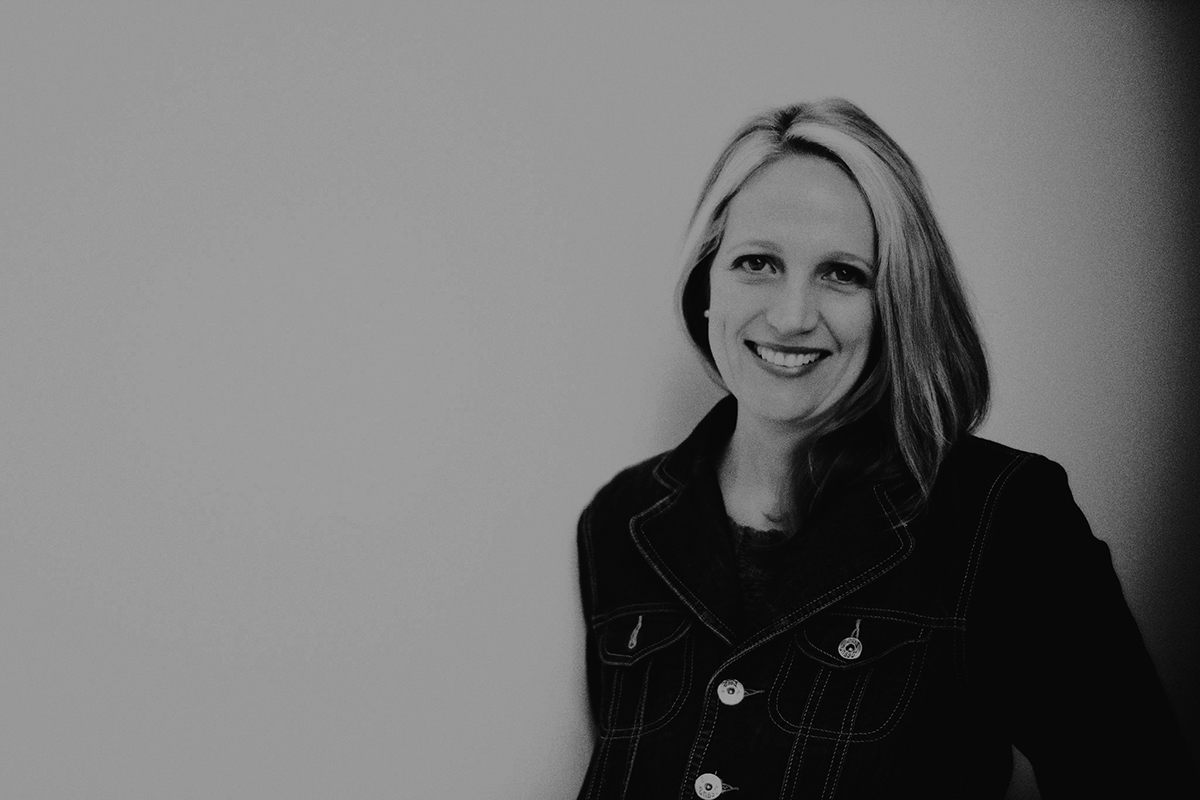About a dozen years ago, when Siobhan Chandler of Victoria was a religious studies student, she struggled to win support for her PhD topic. She wanted to examine the emerging “spiritual but not religious” (SBNR) movement, explore its practices and find out why members were leaving the traditional church. But her academic advisers considered the theme “too flaky” and “too New Age.” Chandler, 52, now Canada’s leading SBNR authority, says, “I had to fight like hell to do that dissertation and even had to change my supervisor.”
SBNR types are accustomed to being derided as self-centred, individualistic navel-gazers who are too busy polishing their crystals to engage in serious theological thought. For example, on BBC Radio, Quaker sociologist Tom Shakespeare called SBNR a “pseudo-religion” and its followers “wishy-washy spiritual believers.” Writing in Time magazine, Rabbi David Wolpe labelled the group “narcissistic and solipsistic.”
Some of the sneering can be chalked up to ignorance about the SBNR’s common practices, such as reiki and crystal therapy, and the fact that they fall outside the religious mainstream. But could it also be because most followers are women?
A recent study by the Public Religion Research Institute found that 54 percent of SBNR Americans are female. Women are also more likely to engage in the movement’s practices. A 2016 Ipsos study, for example, found that 70 percent of yoga practitioners are women. “This is a type of religion that breaks all the rules — and one of those rules is that it’s not led by men,” says Chandler.
Linda Mercadante, professor and author of Belief Without Borders: Inside the Minds of the Spiritual But Not Religious, points out there’s good reason for women to join up. She says a lot of women who have felt “disempowered and constrained” by religion find the SBNR movement, with its New Age and pagan influences, “liberating.”
“Once women are SBNR, it’s all over for anyone trying to control them,” adds Chandler. “They find their place, their role models and each other. They get less embedded in patriarchal systems.”
This may be another reason some religious leaders are critical of the SBNR: they blame it for contributing to the decline in church membership — specifically, the loss of female volunteers. “The church has always been dependent on the volunteer capacity of women,” observes Mercadante.
While SBNR practices are dismissed by some as emotional or lightweight, traditional theology, historically the purview of men, is considered more intellectually rigorous. However, as Chandler points out, both sides have beliefs and practices that require an element of magical thinking. “Is believing in a Messiah any more rational than believing that people have an aura?” she asks.
Today, Chandler feels vindicated that the subject she chose for her PhD has become so relevant today (about a quarter of North Americans identify as SBNR). She often lectures on the topic, has published numerous papers and even writes a popular blog. She now works as an assistant to the dean of Victoria’s Camosun College. But she never did get the professorship that would have allowed her to pursue her academic passion for studying the SBNR. Her PhD topic “hampered her career,” she says. “It has been a struggle to be taken seriously.”
This story first appeared in the February 2018 issue of The United Church Observer.
















And this story, in a nutshell, is why I don’t subscribe to Broadview. You lack basic journalistic standards. There is nothing “sexist” going on here. If the self-serving blogger had done any research she would have found that new age cults are a form of fundamentalist religion and they tend to flourish in broken economies. That’s why they boomed in the 1920s and 1930s. The Nazis were big fans of “spirituality” as she calls it because it helped them manipulate vulnerable people. They called it the occult. Now, I expect this sort of junk at sleazy sites like Goop, but it’s discouraging to see it coming from the once thoughtful United Church